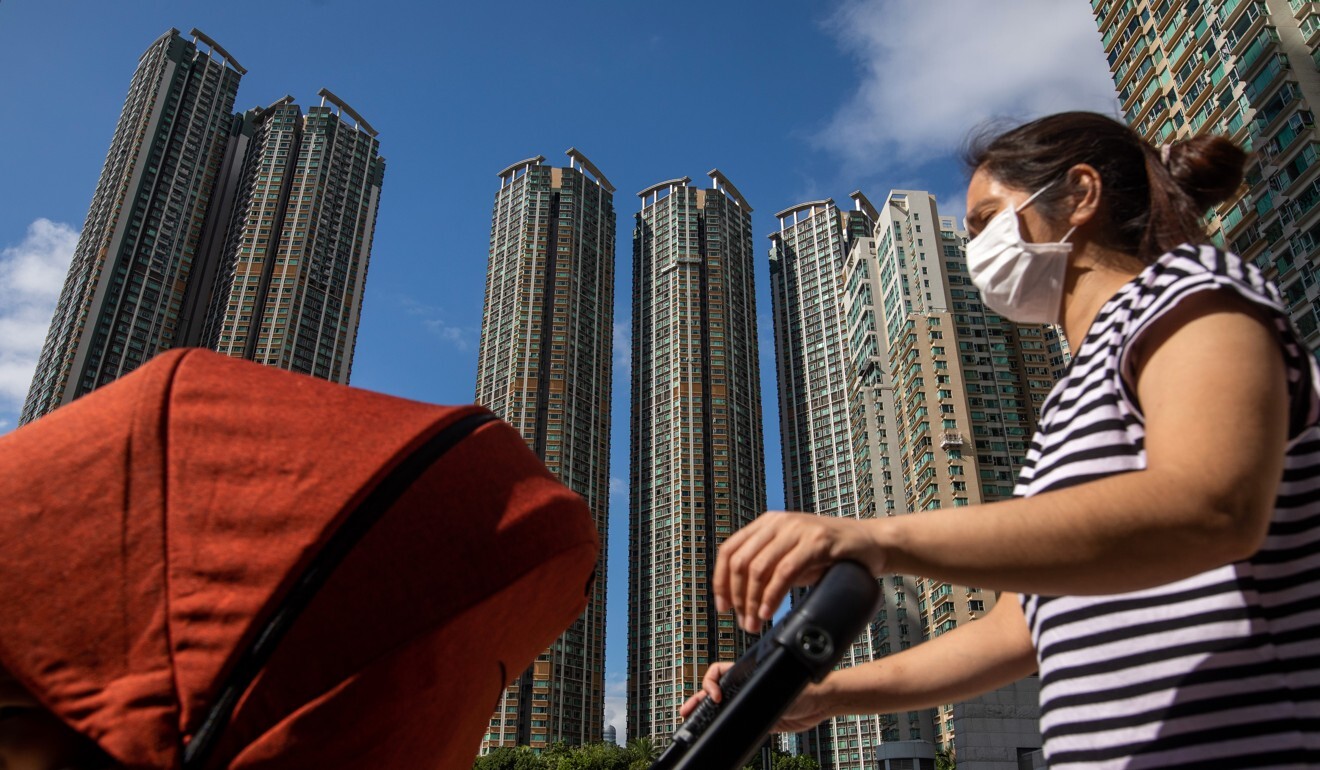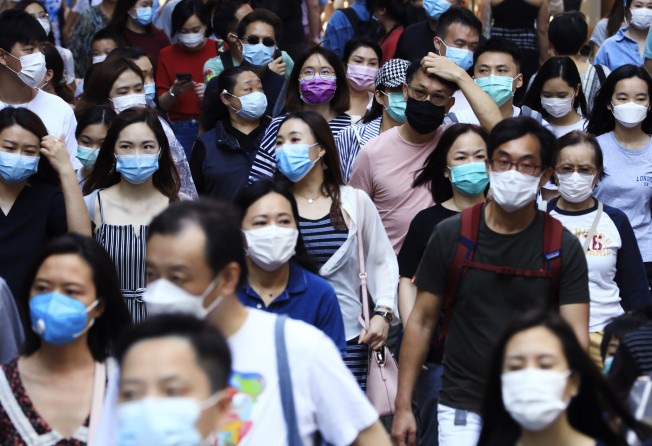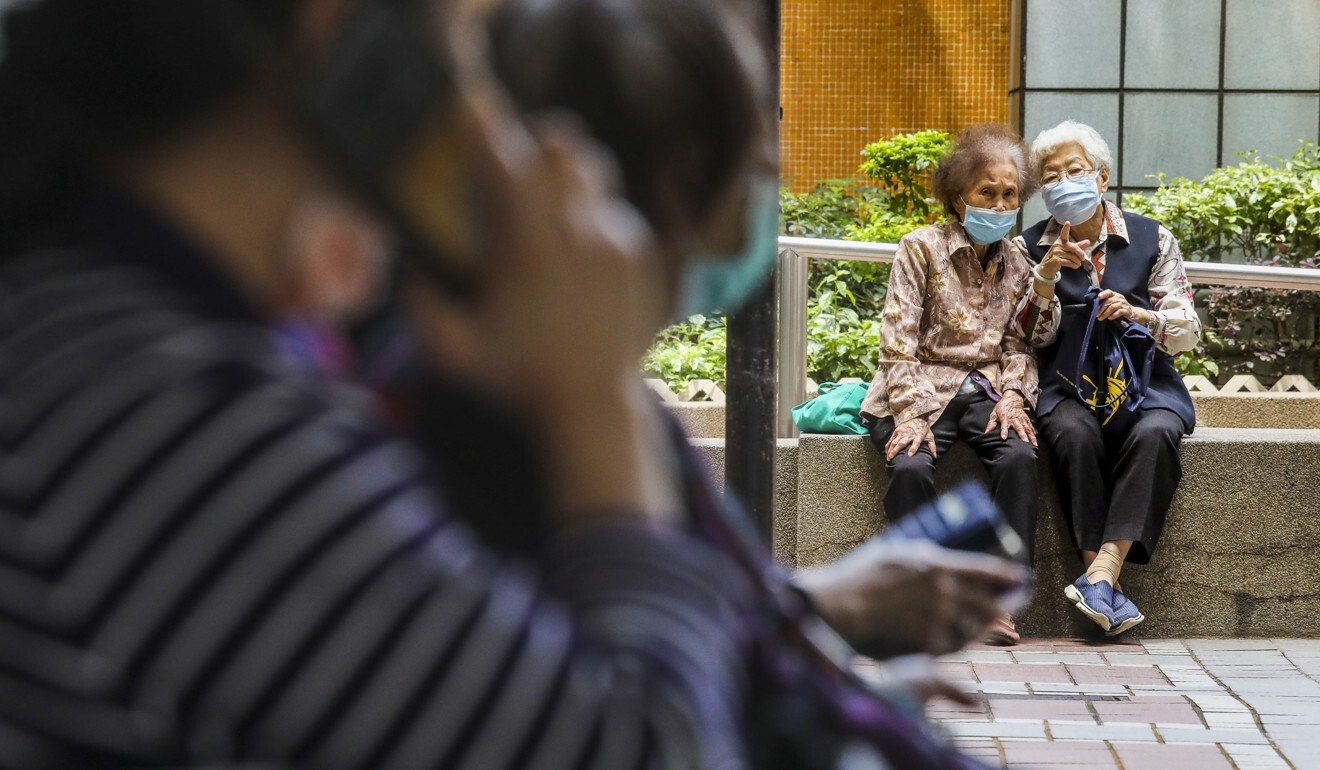
Coronavirus: quarter of Hongkongers on regular care duties for loved ones during pandemic, with many feeling out of their depth, research reveals
- Epidemic exposes health system’s weaknesses and the government must offer more support to carers, academics say
- Burden falls on families as coronavirus forces closure community facilities, stops home services

One in four Hongkongers took on regular care responsibilities for their loved ones at home during the Covid-19 pandemic, but half of them said they lacked sufficient knowledge to manage the health risks of the coronavirus, according to new research.
In a stark warning to the city that called for a long-term strategy, medical experts urged the government to offer more support to “informal” carers, while ensuring community facilities and home-based services remained open to help them during the next potential wave of infections.
“The epidemic has exposed the weak spots in our public health care system. It also presents us with a good opportunity for a collective reckoning and societal changes,” said Professor Emily Chan Ying-yang, the assistant dean of Chinese University’s faculty of medicine, who co-authored the study.
Hong Kong has so far recorded 1,109 coronavirus infections, with four related deaths.
The study by academics from CUHK and the University of Oxford was published in the International Journal of Environmental Research and Public Health in May, and involved citywide telephone surveys with 765 adults in Hong Kong between March 22 and April 1.
A quarter, or 192 respondents, said they provided regular home care to a total of about 300 family members including infants, school-age children, patients with chronic diseases and the elderly.
All of those are primary carers that spend four hours or more each day looking after their family, while more than half have to care for two people or more.
The researchers also found that one in five of the carers in the poll had used community services such as schools and day care centres to help those close to them before the Covid-19 outbreak, but about 40 per cent of those users had stopped or decreased their reliance on those facilities, which were forced to close during the health crisis.
Among the 192 carers, 73 per cent believed they had enough understanding for regular communicable diseases like influenza, but 50 per cent reported they did not have sufficient knowledge to manage Covid-19 health risks.
Chan pointed out that about 24 per cent of the respondents did not believe asymptomatic patients could transmit the disease, while some 20 per cent thought insects were possible routes of transmission.

There were also gaps between knowledge and practice, as only 54 per cent of the interviewees regularly avoided going to public places or using public transport, despite 93 per cent knowing doing so was a “useful” preventive measure.
Some 82 per cent of those surveyed believed bringing their own utensils to restaurants was good behaviour, but only 8 per cent made it standard practice.
“Public education and guidance is very important, it seems the government could have done more in this area,” Chan said.
Dr Kevin Hung Kei-ching, CUHK’s assistant professor in the accident and emergency medicine academic unit, who was also involved in the study, said “formal” carers such as social workers and counsellors could have shared the burden with their “informal” counterparts, provided they observed good hygiene practices like wearing masks.
“The government must think long and hard about how to continue social services and allow users to receive help when natural disasters strike,” he said.
The government has partially shut day care centres and limited home-based services to essential ones including meal delivery, escorting service users, nursing and administration of medicine since late January, when Covid-19 broke out in the city.

A spokesman for the Social Welfare Department said service units had kept in contact with the elderly, the disabled and their carers by phone over that period, while home-care service teams had “gradually increased service intensity and frequency”, and started to resume rehabilitation training and other assistance services since May 15.
But lawmaker Fernando Cheung Chiu-hung, who has conducted his own online survey of 1,393 people between February 27 and March 4, said cuts to public services had driven many informal carers to despair, and even illness.
His survey found over 90 per cent of the respondents felt helpless when having to take up care responsibilities for their family during the pandemic.
Close to 80 per cent of those who were sole care providers said they experienced depression, but the number dropped to 59 per cent among those whose burdens were shared.
Cheung said the government should give masks and other protective equipment to social workers so they could safely visit homes and provide help, and provide resources to facilitate online care services. “These should be in place before the next wave of Covid-19 hits us.”